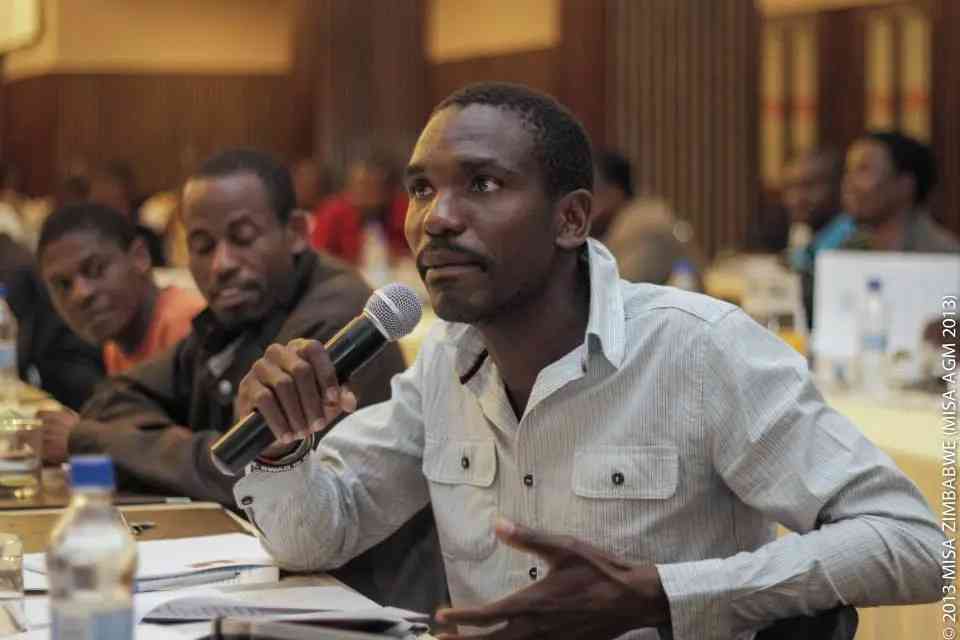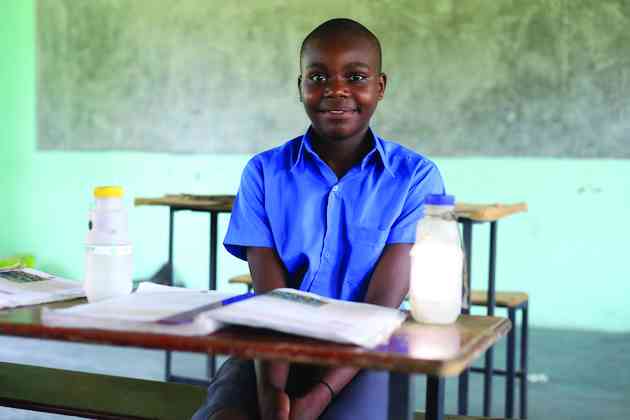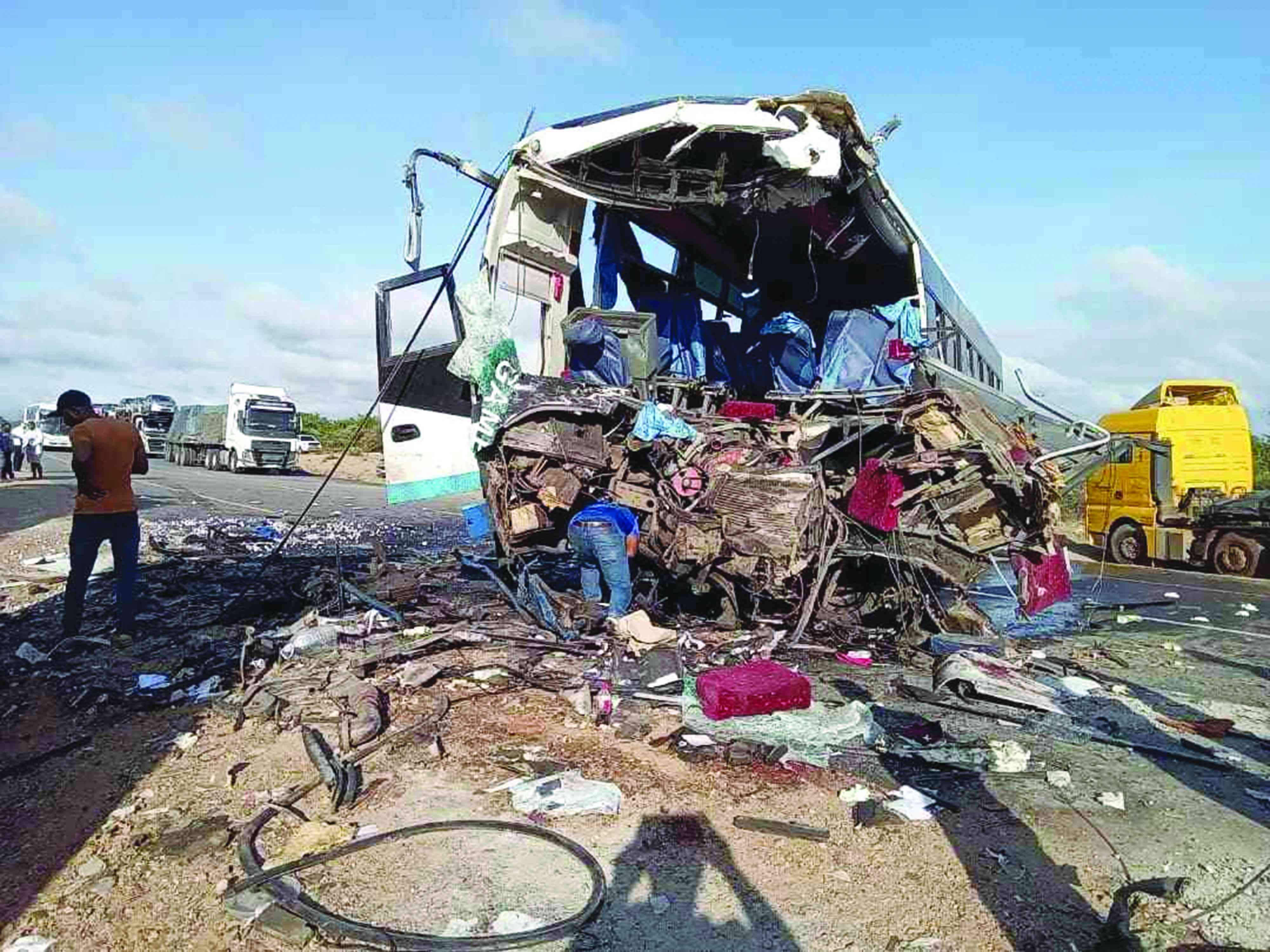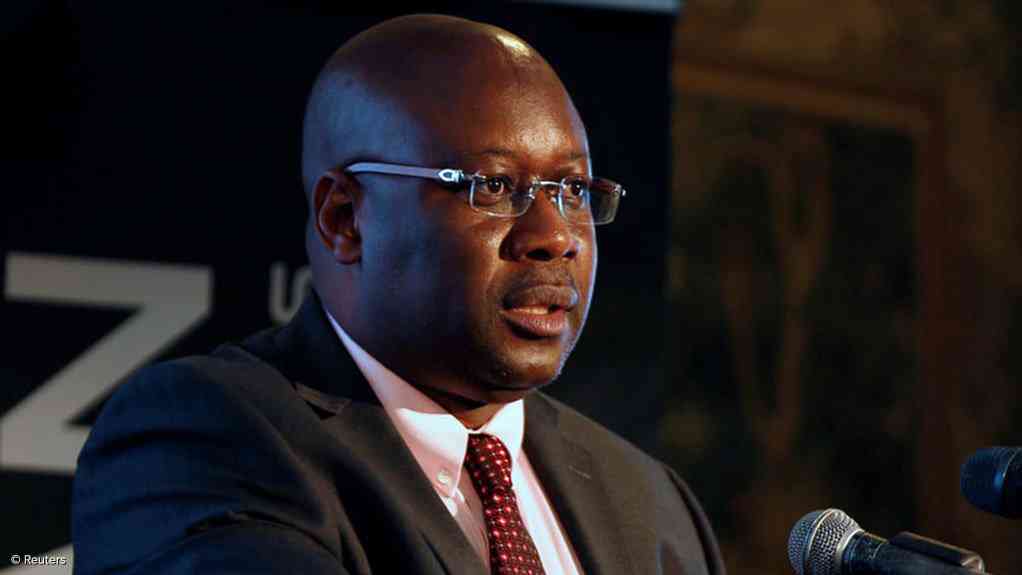
ZIMBABWE urgently needs to develop sustainable funding strategies for its healthcare system following the United States’ recent 90-day freeze on foreign aid, a new report has warned.
Despite commitments under the Abuja Declaration, which requires African nations to allocate at least 15% of their national budgets to health, Zimbabwe continues to fall short, leaving the sector vulnerable to funding gaps.
The Community Working Group on Health (CWGH) has called for a shift from the country's current "vertical health system" to a more integrated approach that reduces dependence on external aid and out-of-pocket payments, both of which are proving unsustainable.
The organisation argued that the current model was unsustainable as it relied heavily on external and out-of-pocket financing, which has led to a decline in health budget appropriations.
“As the country finds itself at a crossroads regarding the need to move from the vertical to integrated systems and domestic rather than the dwindling and soon-to-cease donor funding, there is a need to conduct an analysis of the policy landscape regarding the delivery of health and its determinants to Zimbabweans, the constitutional, legislative provisions, the institutional, management and governance arrangements for performance and adequacy,” the CWGH said in its 2024 annual report.
“The private for-profit sector health services also require scrutiny to ensure adequacy and quality of services provided and correction of the persisting mismanagement witnessed within some major medical aid societies, which too has compromised the health of the small proportion (-10%) of formally-employed and pre-paid members.
“The inadequate public financing of health has resulted in an overreliance on out-of-pocket and external financing, which is highly unsustainable.
“In countries that are highly dependent on external aid, health priority in government spending tends to fall in line with the increased aid. Development assistance for health has crowded out government resources and created donor dependence,” it added.
- Social commentary: Zim women face risks in giving life
- Bosso search for elusive away win
- Social commentary: Zim women face risks in giving life
- Govt implored to increase health funding
Keep Reading
The freeze also affected the President’s Emergency Plan for Aids Relief (PEPFAR) and other international funding channels.
PEPFAR has been the largest funder of Zimbabwe’s HIV response, committing US$210 million for 2024 and US$200 million from October 2024 to September 2025.
Following this, the United States Embassy in Zimbabwe urged the government to take greater responsibility for financing healthcare.
“It is time for Zimbabwe to take seriously its responsibility for the health of its people. For HIV, Zimbabwe has achieved the 95-95-95 targets,” the embassy said.
“They urgently need to focus on purchasing ART (antiretroviral therapy) and staffing clinics with nurses. They can do this.”
The CWGH also raised concerns over the neglect of local government health services, which has exacerbated challenges in disease prevention and control.
“The local government health has been neglected over the years, with their mandate to prevent and control infectious disease not being fulfilled as exemplified by the poor and unregulated urbanisation, failure to carry out inspections, licensing, providing adequate and safe drinking water and waste management services in accordance with the Public Health Act and related urban and rural areas legislation,” the CWGH added.
Health expert and medical doctor John Marisa added that US funding augmented the inadequate resources that the southern African country was channelling towards bolstering healthcare.
“They have always been there to close funding gaps in each and every country that does not fully fund the ...delivery system.
“That gap is usually closed by multi-national agencies, non-governmental organizations like PEPFAR, USAID. So, do not be surprised one day if you are told that the country is running short of ARVs,” he said.
Meanwhile, National Aids Council chief executive officer Bernard Madzima told state media this week that Zimbabwe currently had sufficient antiretroviral (ARV) drug stocks for the 1,2 million people on ART, despite the funding uncertainty.











